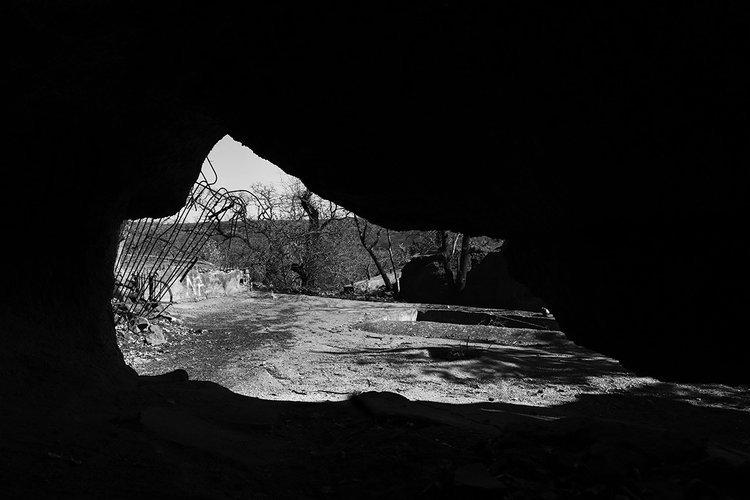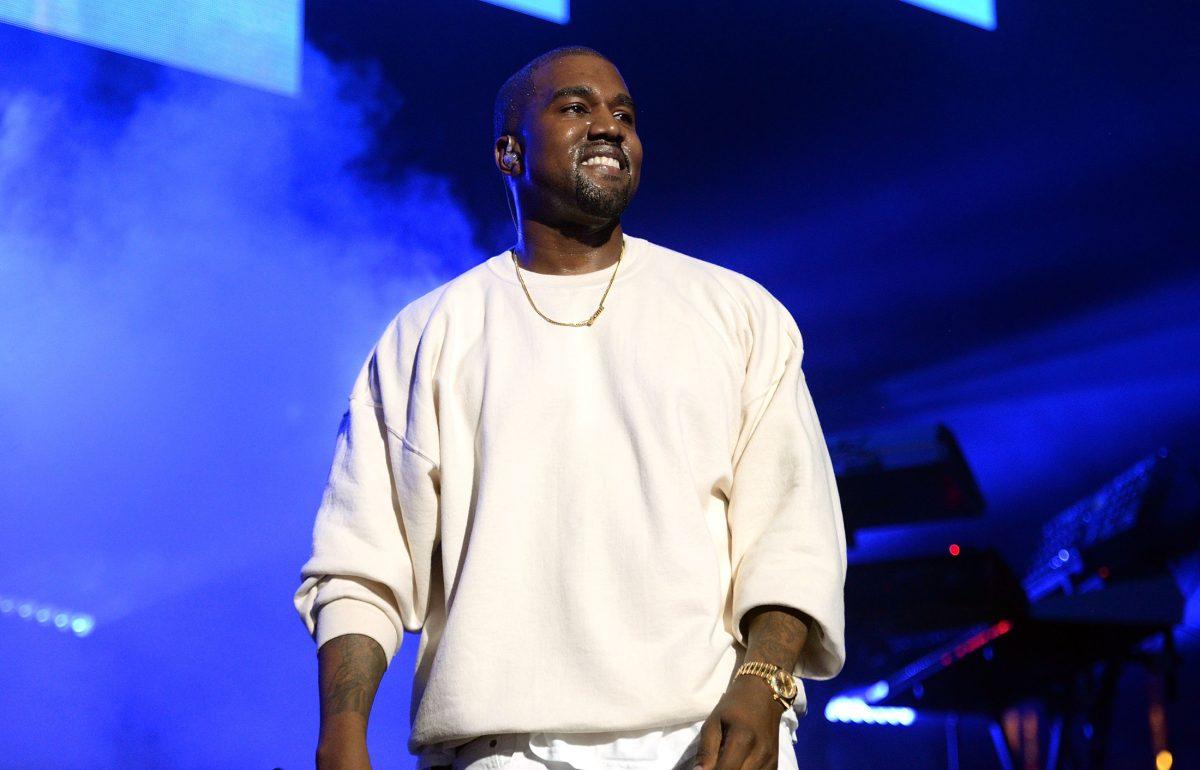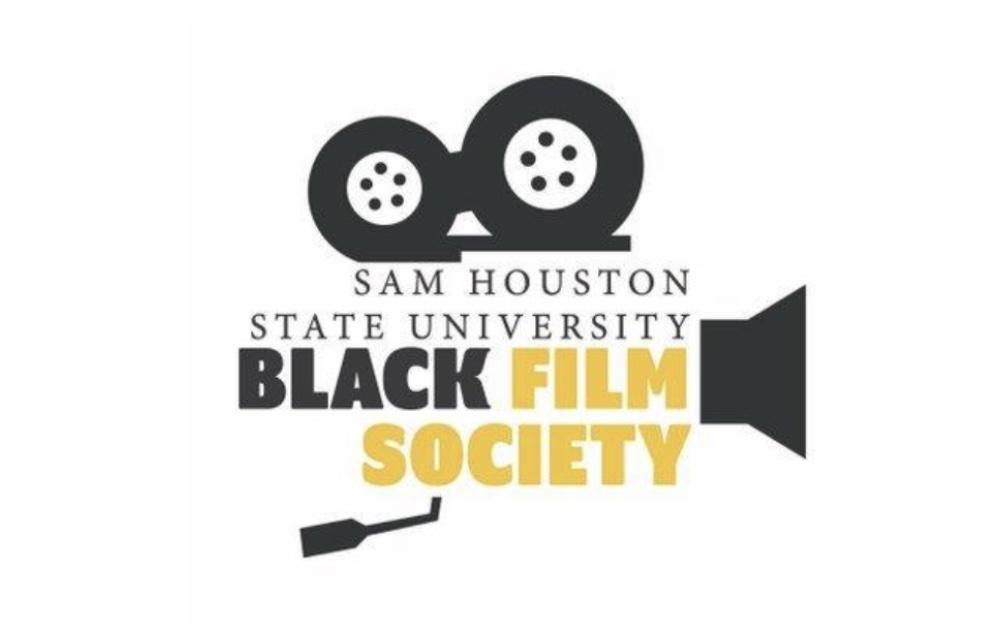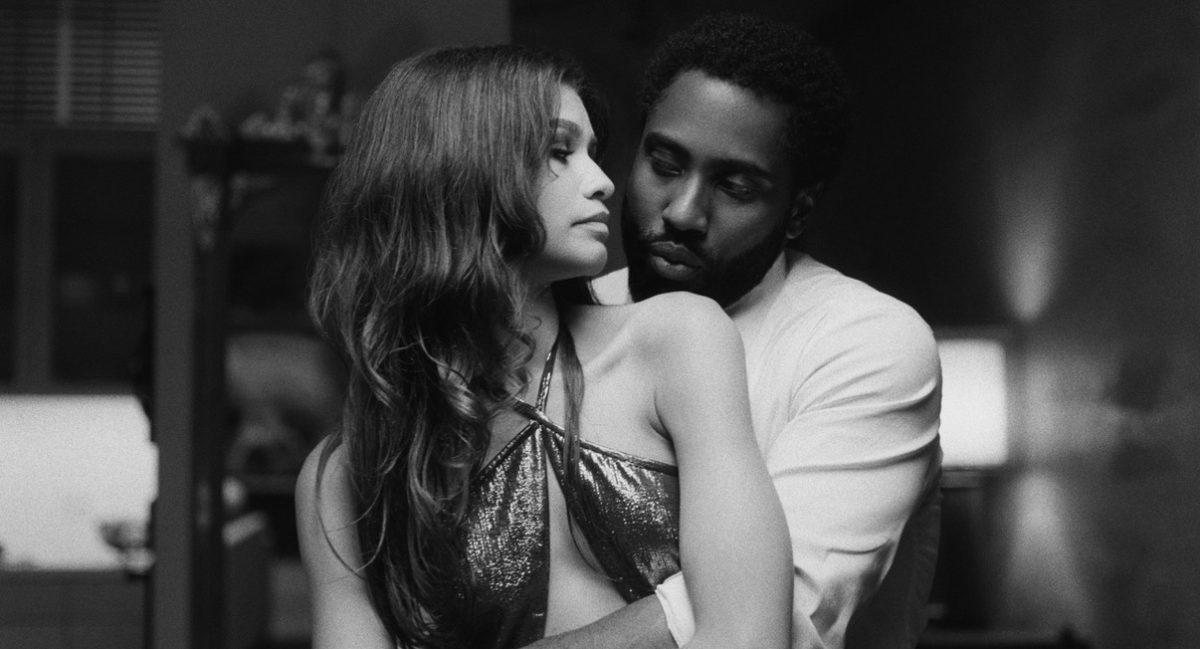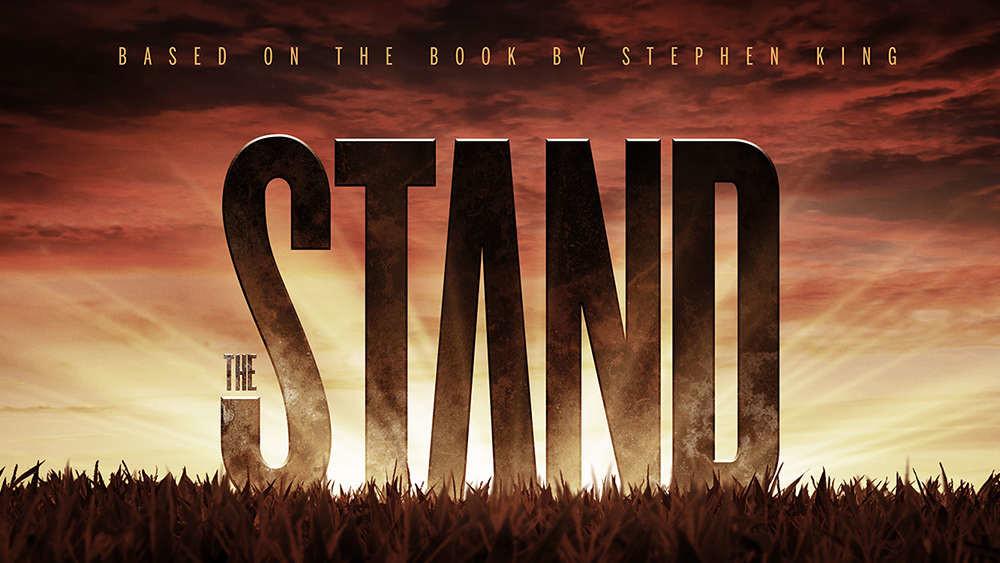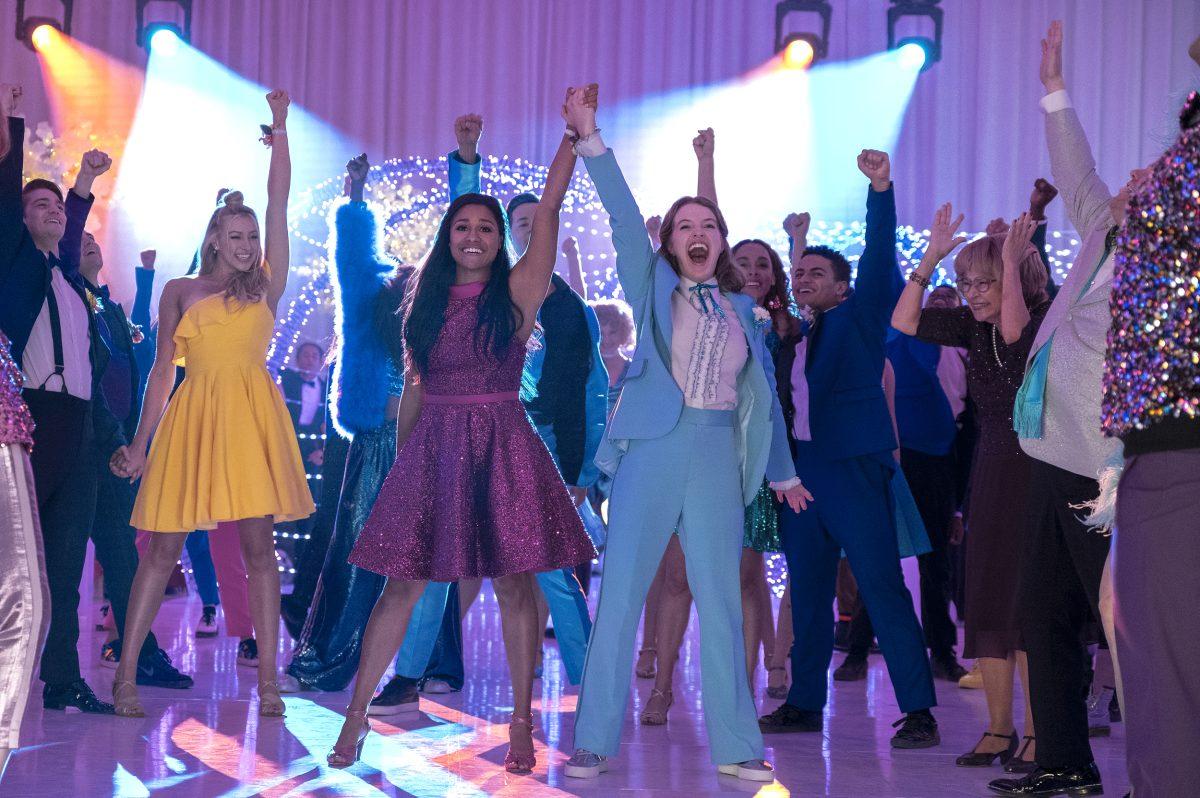Marvel Studio’s newest blockbuster “Black Panther” is already clawing its way to record-breaking heights. Since its Feb. 16 release, the film has seen commercial success and received critical acclaim, shattering glass ceilings and box-office projections alike. In many ways, both financially and culturally, this film serves as a milestone on the Hollywood landscape, and is expected to continue its reign in the coming weeks.
Beating out box office giants such as “The Avengers” and “Captain America: Civil War,” “Black Panther” made over $400 million at domestic box offices in ten days. As its revenues grow, conversations grow with it. What is it about “Black Panther” that makes it such a landmark?
Actors, directors and Hollywood socialites of all kinds have been quick to point out inequalities in the film business— namely, a gender and race-based divide that seems to fester especially in big-budget projects. The female warriors, politicians and scientists of the fictional country of Wakanda represent the hopes of the current #MeToo movement. Seeing a group of black women pushing a story forward with their intellect and ferocity is a breath of fresh air in an industry so often plagued by one-dimensional writing of female characters.
While “Black Panther” is not the first superhero movie to star a black lead, it does seem to be the first to really embrace that aspect. The movie is bathed in dazzling displays of African tradition, and embraces the heritage from which the cast derives. For those underrepresented in the media, seeing characters who look like them being portrayed in a positive and dignified way can be a monumental moment in their lives.
“I loved comic books, loved comic book cartoons, and I always had an aching for characters who looked like me,” Director Ryan Coogler told Variety Magazine. “Not just one character, but for worlds that looked like my world growing up in the East Bay area. For me as a filmmaker, this film was a gift. Hopefully, when we show this film to the world, we can see some kids who came up like us getting access to something we never had.”
Because of the movie’s cultural effects, the New York Times called “Black Panther” “a defining moment for black America.” Since the film’s release, one does not have to look far on social media to find countless pictures and videos demonstrating the impact this movie had on audiences. Coogler explained his feelings about this warm reception in an open-letter from Marvel Entertainment’s Twitter page.
“It still humbles me to think that people care enough to spend their money and time watching our film- But to see people of all backgrounds wearing clothing that celebrates their heritage, taking pictures next to our posters with their friends and family, and sometimes dancing in the lobbies of theaters– often moved me and my wife to tears,” Coogler wrote.
According to Fandango, “Black Panther” is the highest grossing movie with a black director. In addition to that, it is the biggest solo superhero movie launch of all-time. Some have projected the movie to gross over $1 billion before its time is up.
No one can say for sure what the success of “Black Panther” means for the future of Hollywood. Online chatter suggests hopes that other movie producers will take this film’s success as a cue to diversify future casts. As the phrase goes, “A rising tide lifts all boats.”
No matter personal opinion, the rising tide of “Black Panther” is still sweeping the globe, and we will see in the coming months if Hollywood headliners decide to rise with it.




